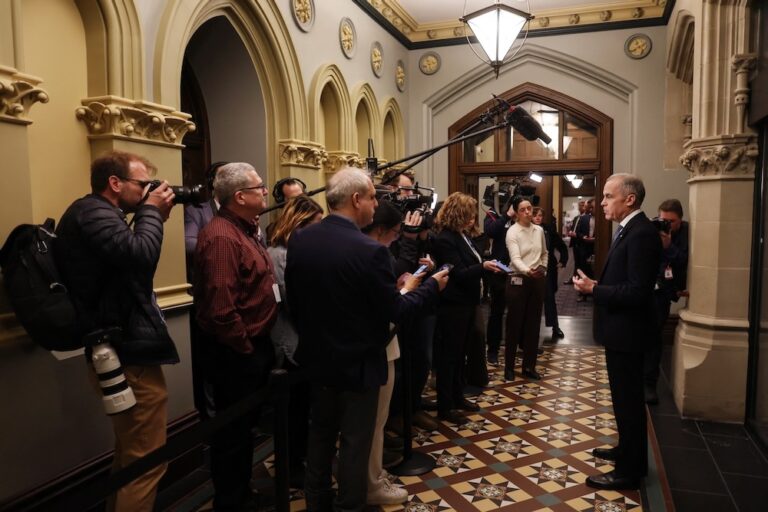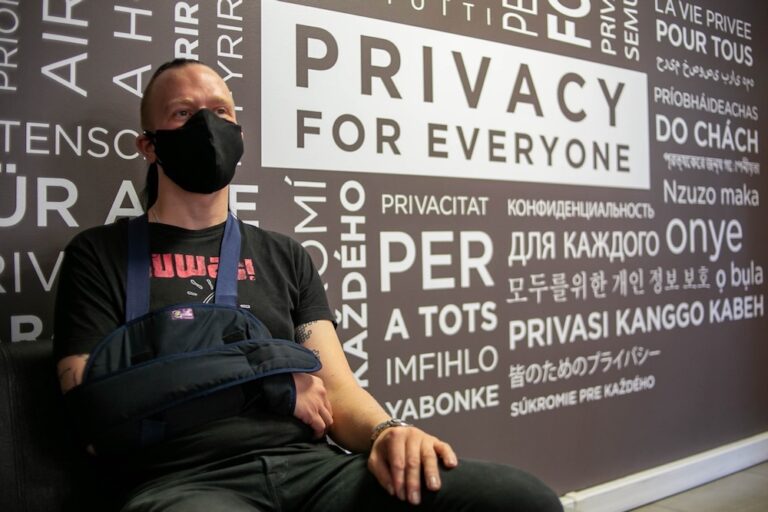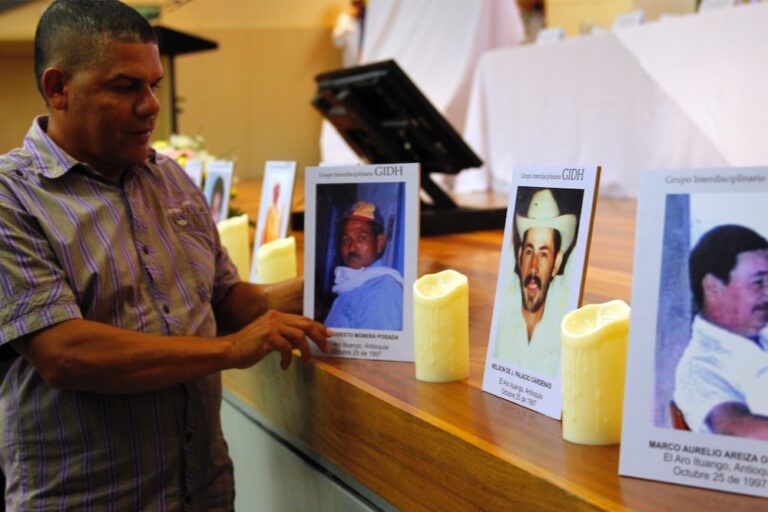(ACM, interim member/IFEX) – The Association of Caribbean Media Workers (ACM) extends its greetings to media colleagues throughout the international community and the Caribbean on the occasion of World Press Freedom Day 2009. This year’s observances meet our region in a state of crisis in several critical areas of public life. Growing violence and crime, […]
(ACM, interim member/IFEX) – The Association of Caribbean Media Workers (ACM) extends its greetings to media colleagues throughout the international community and the Caribbean on the occasion of World Press Freedom Day 2009.
This year’s observances meet our region in a state of crisis in several critical areas of public life. Growing violence and crime, economic instability, environmental threats and a decline in social and political cohesion have left the Caribbean open to questions regarding its continued viability as a region of relative peace and stability.
The search for solutions to the growing threats has led to important interventions at the level of integrating regional resources, negotiating and securing geo-political compacts, and actions at national levels to address issues of social injustice and economic imbalances. These have not been easy tasks to engage and our media have played a role in fostering greater public understanding of the nature of the challenges being confronted.
The ACM has consequently been engaged in collaborative attempts to instill greater awareness among journalists of critical areas of human development. We have collaborated on the development of a handbook on climate change for journalists, contributed to regional discussions on the United Nations Millennium Development Goals, human and humanitarian rights and, very soon, we plan to launch an Elections Handbook for Caribbean journalists written and edited entirely by a team of Caribbean journalists.
The ACM also currently sits on the CARICOM Information, Communication and Technology Steering Committee where we have consistently argued in favour of an information and communication environment characterized by the right of citizens to communicate and to express themselves freely.
It is our view that free expression and greater access to information provide our citizens with important tools to make the critical decisions that shape their lives and the existence of their societies.
This is the philosophy we take to discussion tables throughout the Caribbean. It has informed our approach to proposed broadcasting legislation among countries of the Organisation of Eastern Caribbean States (OECS). It has brought us in conflict with the telecommunications authorities in Trinidad and Tobago where censorship is being viewed as an antidote for social decline. It is a view that has led to the concern that the banning of songs by official censors in Jamaica makes room for other forms of attack on free expression.
It is also this philosophy that guides our opposition to the continued radio broadcasting monopoly by the state in Guyana and has led to visits to several countries over recent years to discuss areas of conflict between journalists and the authorities.
United Nations Secretary-General, Ban Ki-Moon, has also noted the growing tendency to extend the hand of official sanction to the “new media” available via the Internet. This is an issue we continue to keep a close eye on, especially as regional regulators have left critical windows open for later intrusion into this area.
It is however also true that we have supported calls for the lifting of professional and ethical standards among Caribbean journalists and for the retooling of our newsrooms to guarantee better quality outputs. This provides the greatest assurance that consumers of media are provided with accurate, relevant and reliable news and information to employ in private and public decision-making. Media owners and managers must make the necessary investments to ensure this goal is achievable.
In pursuit of these ends, we have launched a Young Journalists Mentoring Programme which is an attempt to pair the new and young and bright with experienced, trained and competent journalists. This ambitious programme is challenged by territorial distance, a lack of finance and the fact of its own novelty, but during the course of the current year we propose to reignite the flame lit in 2008.
( . . . )
To read the full report, see: http://www.acmediaworkers.com/releases/2009/acm_wpfd09.htm


